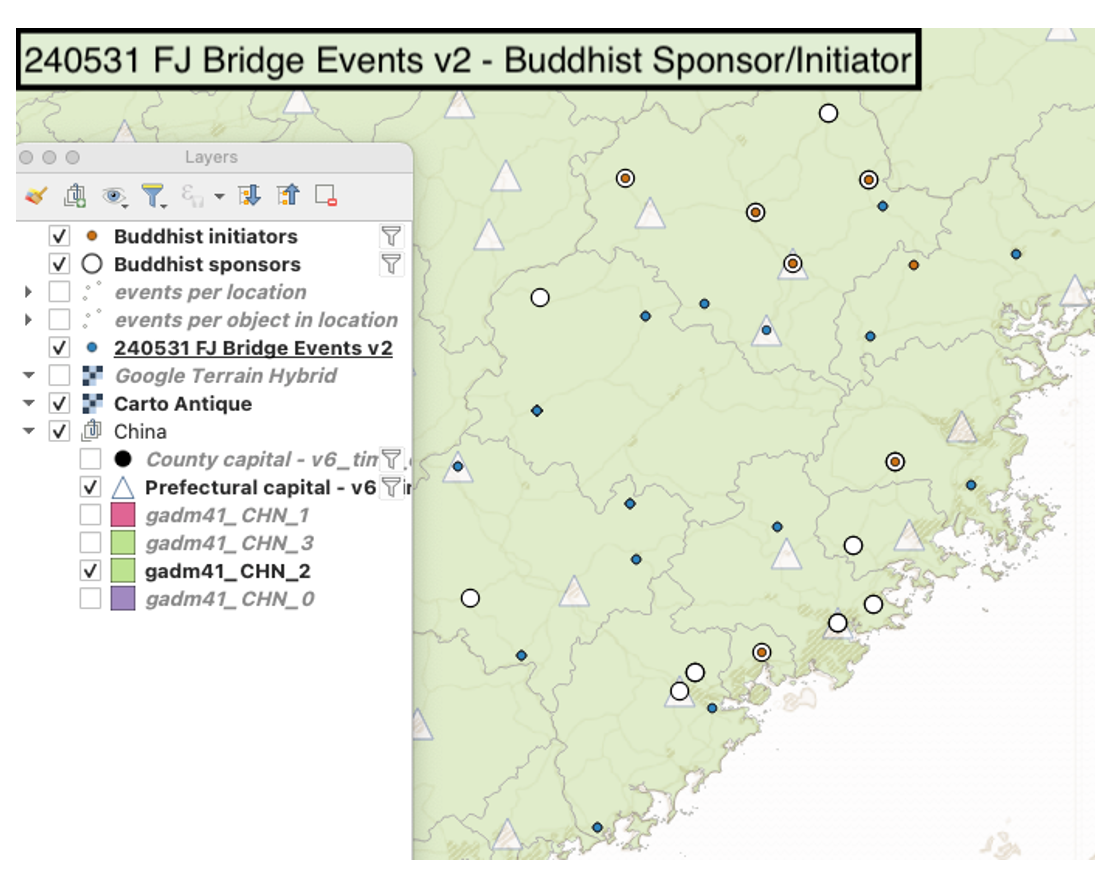
Dr. Sander Molenaar will present his paper titled “Taking the Initiative to Build Bridges: Exploring local power dynamics through infrastructure events in late imperial Fujian” on July 11th, 2024 at the Charting the European D-SEA: Digital Scholarship in East Asian Studies conference in Berlin, on the afternoon panel Digital Research: Case Studies.
This paper explores the benefit of event-based data analysis for the study of local power dynamics in late imperial China. The corpus for this research consists of 124 inscriptions, mined from local gazetteers with the use of Local Gazetteer Research Tools (LoGaRT), annotated in MARKUS, and recontextualized with the use of COMARKUS. This approach maintains the connection between individual cases and the larger patterns that become apparent in data derived from them.
In this paper I argue that bridge-building events were often initiated by government officials, but not necessarily financed by the state. While the Ming and Qing states administered with far fewer officials per capita than previous dynasties, local infrastructure events such as bridge building were not necessarily left to local initiators. On the contrary, government officials often took initiative in their position as magistrates and prefects, but contributed to the budget from their personal finances, thus encouraging local residents to do the same. This mechanism strengthened the personal network of government officials in localities they administered, while simultaneously emphasizing the state as the legitimizing framework for local infrastructure events.